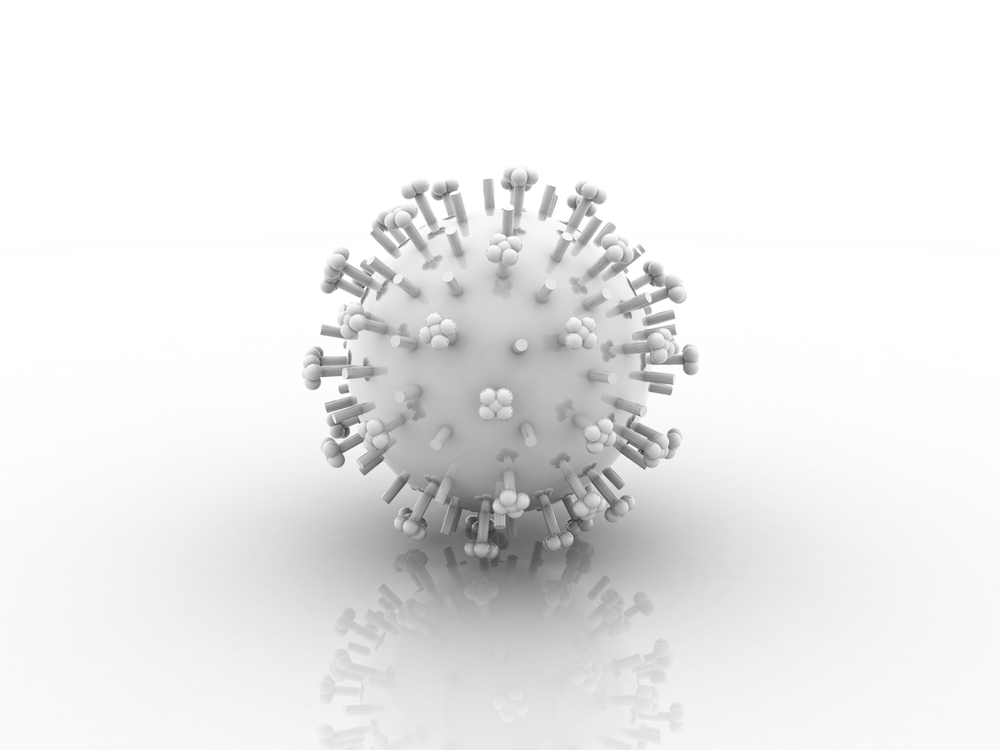In a new study entitled “Talimogene Laherparepvec Improves Durable Response Rate in Patients With Advanced Melanoma” researchers at the Rutgers Cancer Institute of New Jersey report that advanced-stage melanoma patients when treated with a genetically modified herpes virus show a significant improvement in response rates and potentially survival. The study was published in the Journal of Clinical Oncology.
In this study, a research team led by Howard L. Kaufman, MD, FACS tested an investigational immunotherapy drug – Talimogene laherparepvec (T-VEC) – as a potential treatment for melanoma patients, specifically those in stages IIIB, IIIC and IV melanoma, the most advanced cases of the most deadly type of skin cancer.
T-VEC is a genetically engineered form of the herpes simplex virus, the agent responsible for the common cold. Specifically, the virus was modified to become safer in human use, by deleting two viral genes, and re-designed to express a human gene encoding the granulocyte-macrophage colony stimulating factor (GM-CSF) – a cytokine that stimulates the growth and differentiation of cells that will generate key cells of the immune system, including granulocytes and macrophages.
This means that injecting these modified viruses, which the team ensured were only capable of replicating once inside the tumor, researchers expected to enhance the immune system’s specific response against the tumor. They specifically wanted to determine the safety of injecting these oncolytic viruses into patients, and whether patients’ outcomes were different when injected with the GM-C-producing viruses when compared to GM-CSF alone.
To test this, the team performed a global, randomized, phase III clinical trial with melanoma patients in stages IIIB, IIIC and IV. They enrolled a total of 436 patients who were randomly assigned to receive T-VEC or subcutaneous GM-CSF. They found that the durable response rate (DRR, i.e., the length of time that a partial or complete response is observed, as a result of treatment) was significantly higher in T-VEC treated patients when compared to GM-CSF. Additionally, both overall response rate and median overall survival were also higher in the T-VEC group, with the later registering 23.3 months in T-VEC and 18.9 months with GM-CSF.
The authors found T-VEC treatment showed its highest efficiency in patients with stage IIIB, IIIC, or IVM1a disease (i.e. with metastases limited to skin, soft tissue or lymph nodes). Furthermore patients’ most adverse effects included fatigue, chills, and fever.
The results of this study show for the first time T-VEC as an oncolytic immunotherapy with beneficial outcomes for melanoma patients, suggesting it as a potential future therapeutic for patients with metastatic melanoma.


